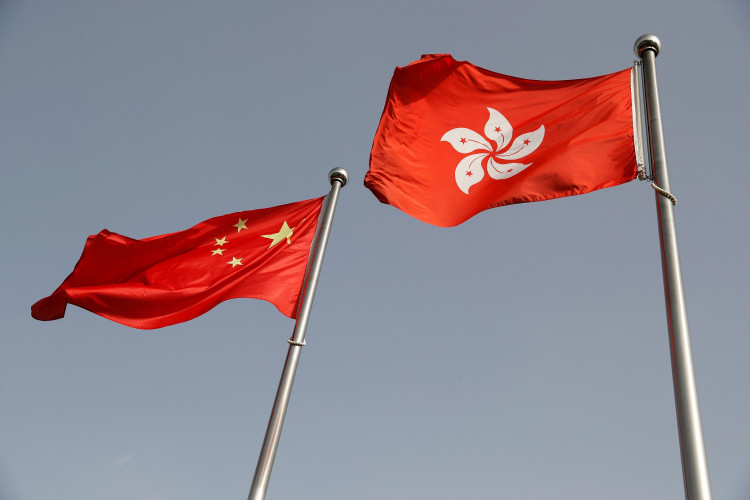The Hong Kong film industry is grappling with the daunting challenges posed by the newly imposed censorship law. Renowned director Kiwi Chow, known for his globally recognized documentary on Hong Kong's democracy movement, found himself seeking new funding avenues to finish his latest film after potential investors retreated over political fears.
Since the inception of the censorship law in October 2021, prohibiting films that may "pose a threat to national security," filmmakers have been struggling with the sourcing of finances, casting, and even relocation abroad.
Chow lamented, "Fear has pervaded the atmosphere among the actors tied to Hong Kong film firms, and it pervades everything." He further observed that the uncertainty over the "red lines" concerning national security has made actors and financiers anxious. "It's unnerving. Direct suppression isn't necessary, as the fear itself has already worked its magic."
Upon the establishment of the new law, it was evident that filmmakers needed to avoid politically charged themes. However, Chow was taken aback by the magnitude of risk aversion, even in his case, where no legal charges were brought against him.
According to Reuters, since October 2021, at least 21 films and short films have seen scenes cut or releases impeded by Hong Kong's Office for Film, Newspaper and Article Association (OFNAA). However, the office declined to comment on individual movies in a recent email statement.
The film industry in the former British colony received an investment of HK$1.54 billion from the Film Development Fund since 2005. Nevertheless, in February, culture secretary Kevin Yeung cautioned against allocating funds to film projects potentially violating the 2020 law. The extent to which this censorship law has impacted such funding remains uncertain.
After losing 80% of the initial HK$8 million ($1 million) funding for his new film and the lead actor's departure, Chow managed to salvage his project. His non-political film, "Say I Do To Me", focuses on a young woman's journey of self-discovery. However, investors cited their business interests with China as a reason to refrain from taking risks.
"Some other new funding was attracted, although 'Revolution of Our Times' cost me a lot," Chow stated, explaining that around 40 to 50 supporters stepped in to salvage his film.
Despite these hurdles, some directors remain determined to create in Hong Kong. Independent production group founders Rex Ren and David Chan express their persistence: "We need to create, so we persist in Hong Kong."
Yet, with filmmakers feeling pressured to refrain from sensitive topics and certain directors moving abroad to cater to diaspora communities, the situation in the local film industry remains precarious.
Director Chow lamented, "The chances of procuring funding from the Hong Kong market and government seem almost non-existent at this point."





